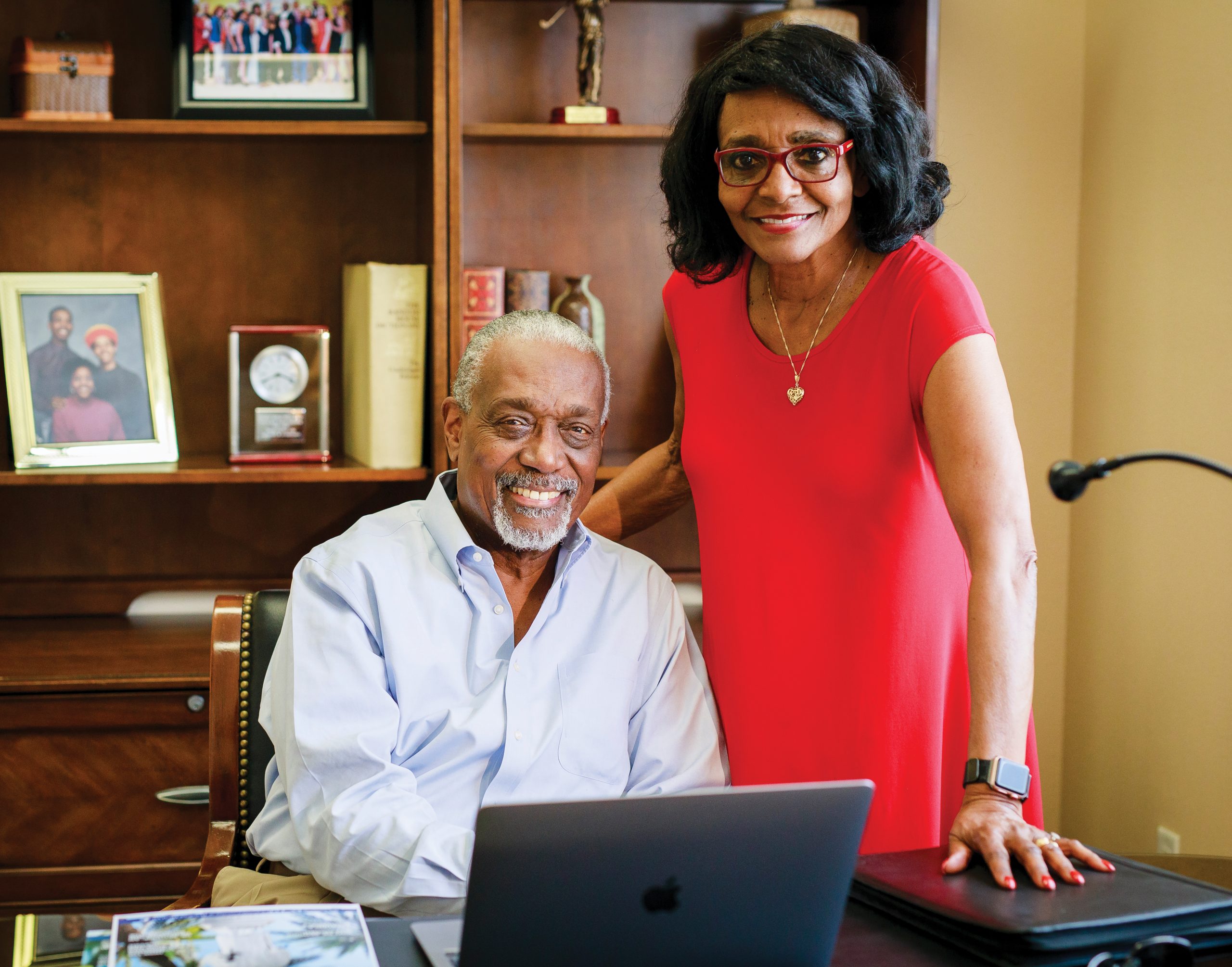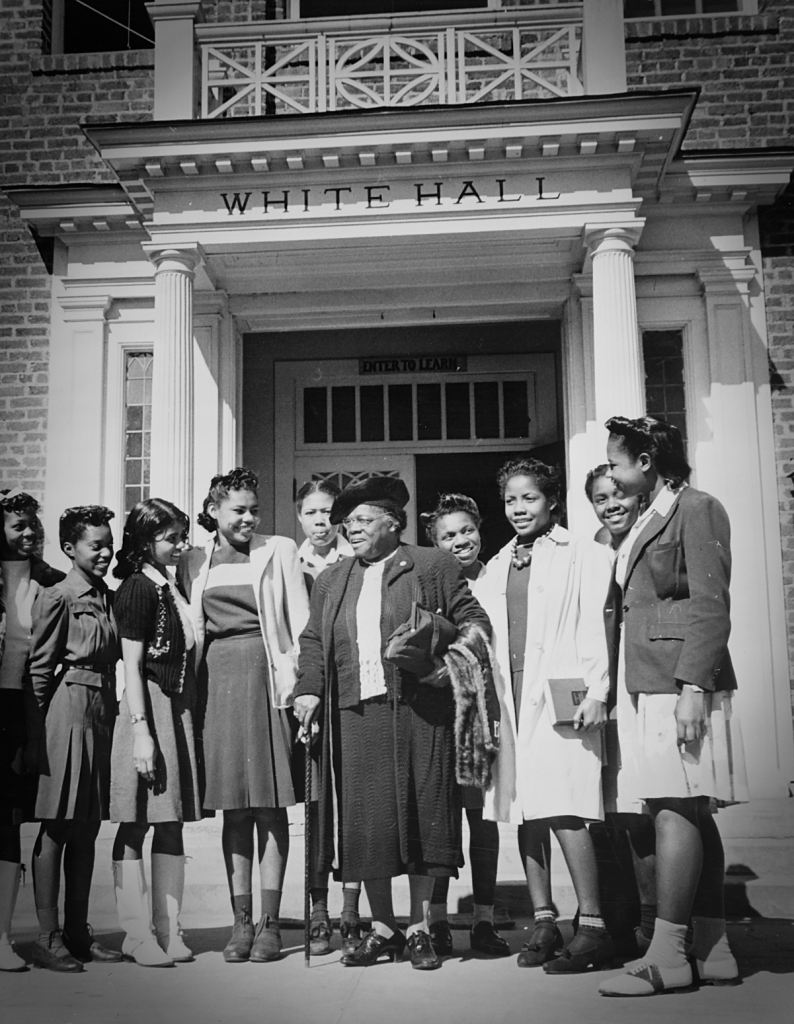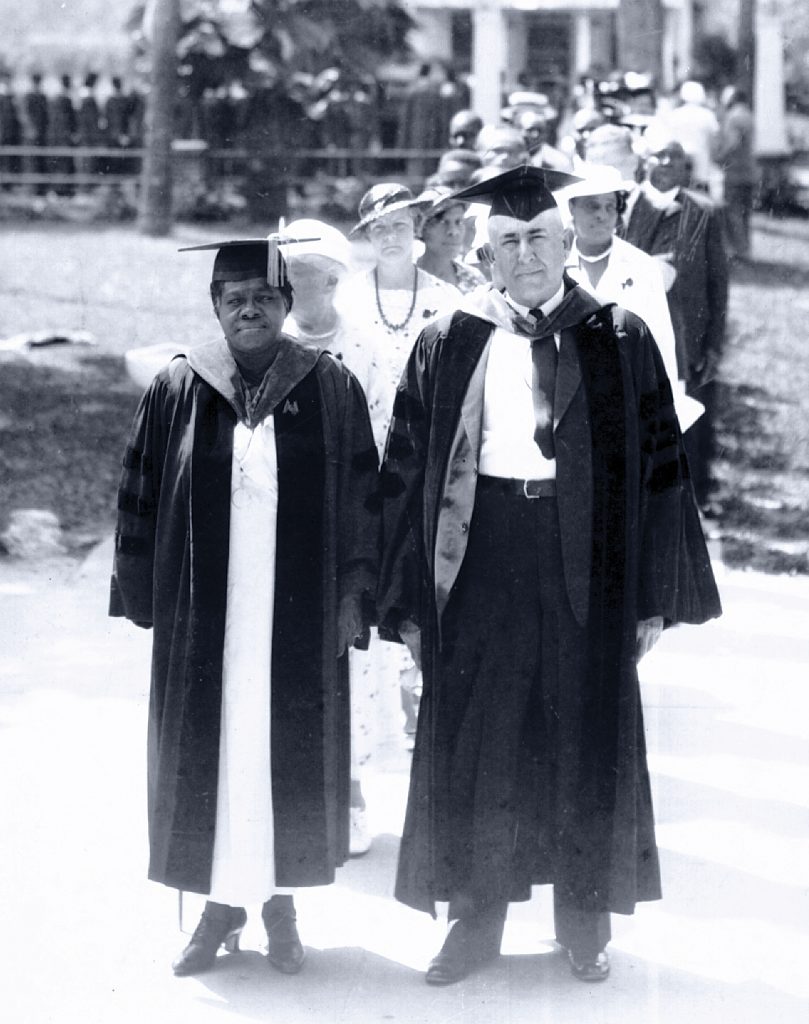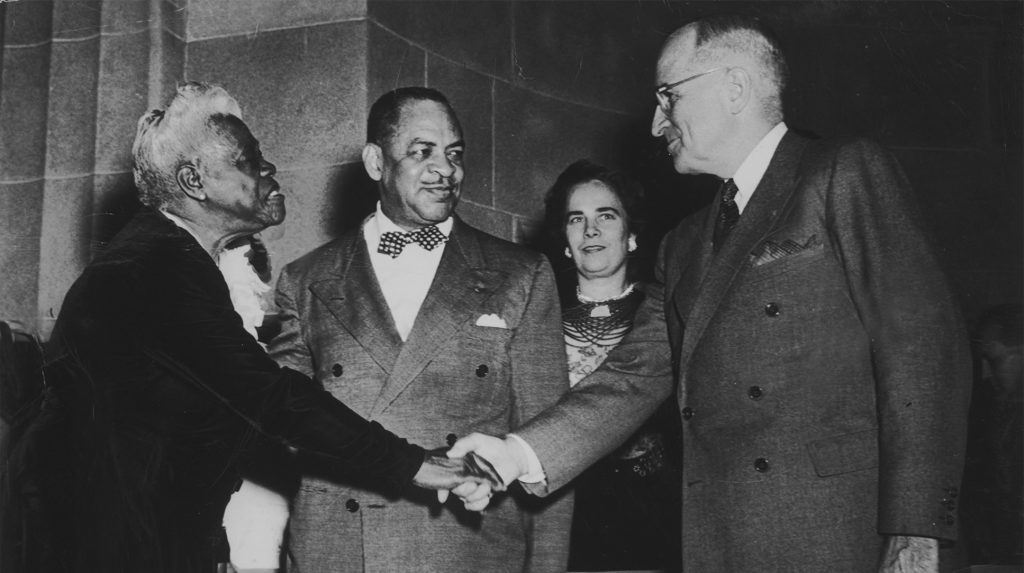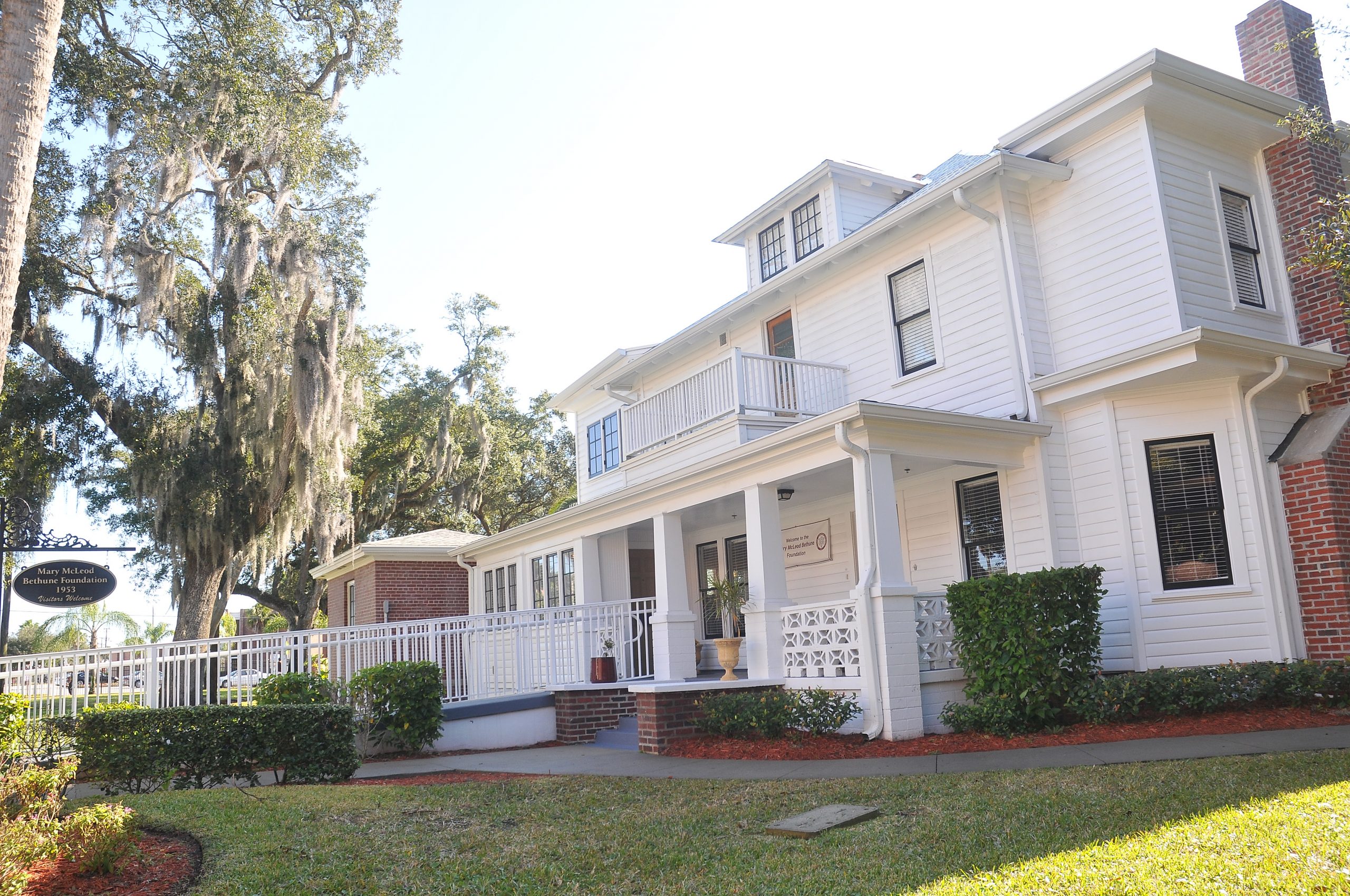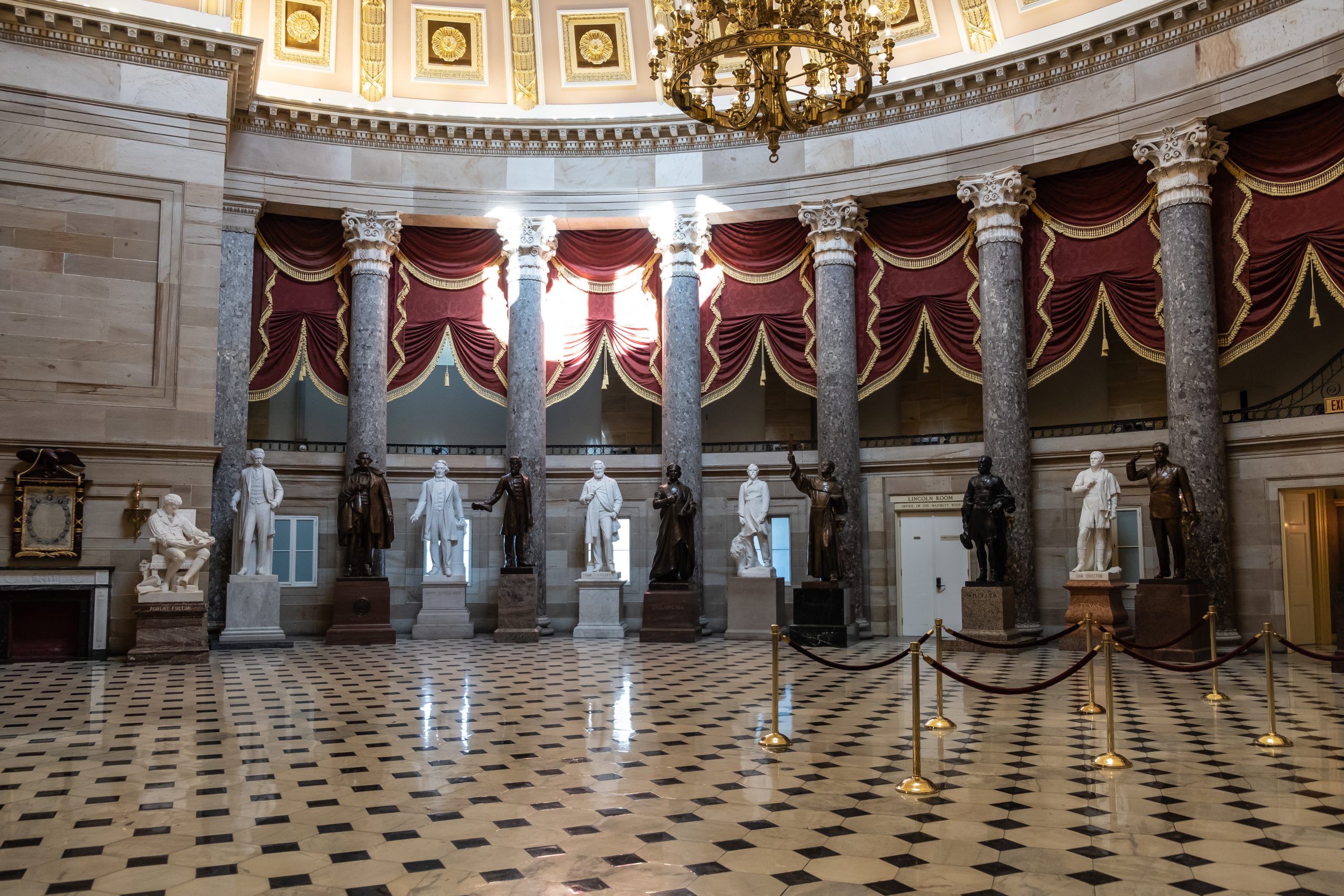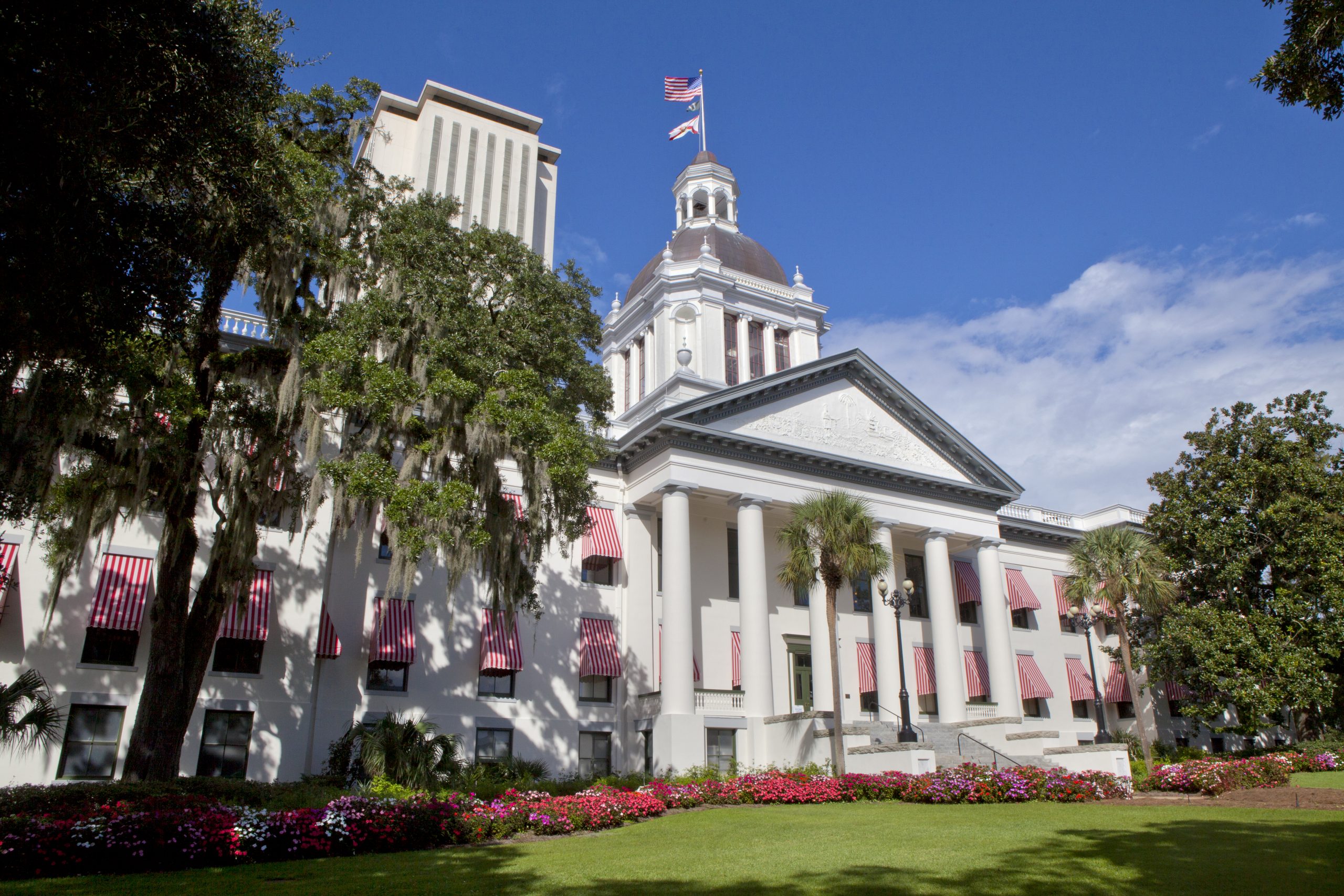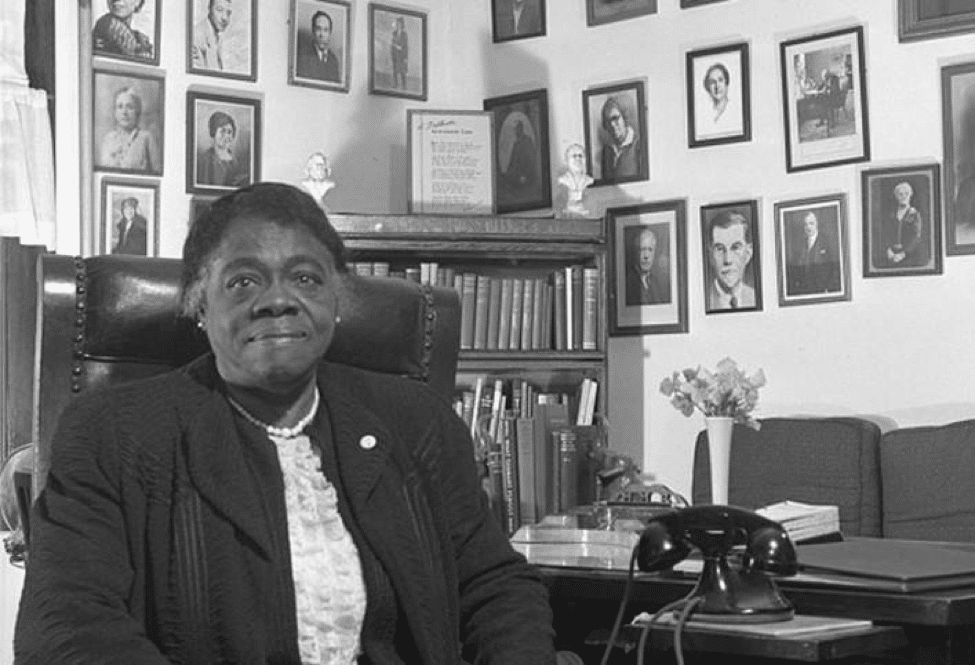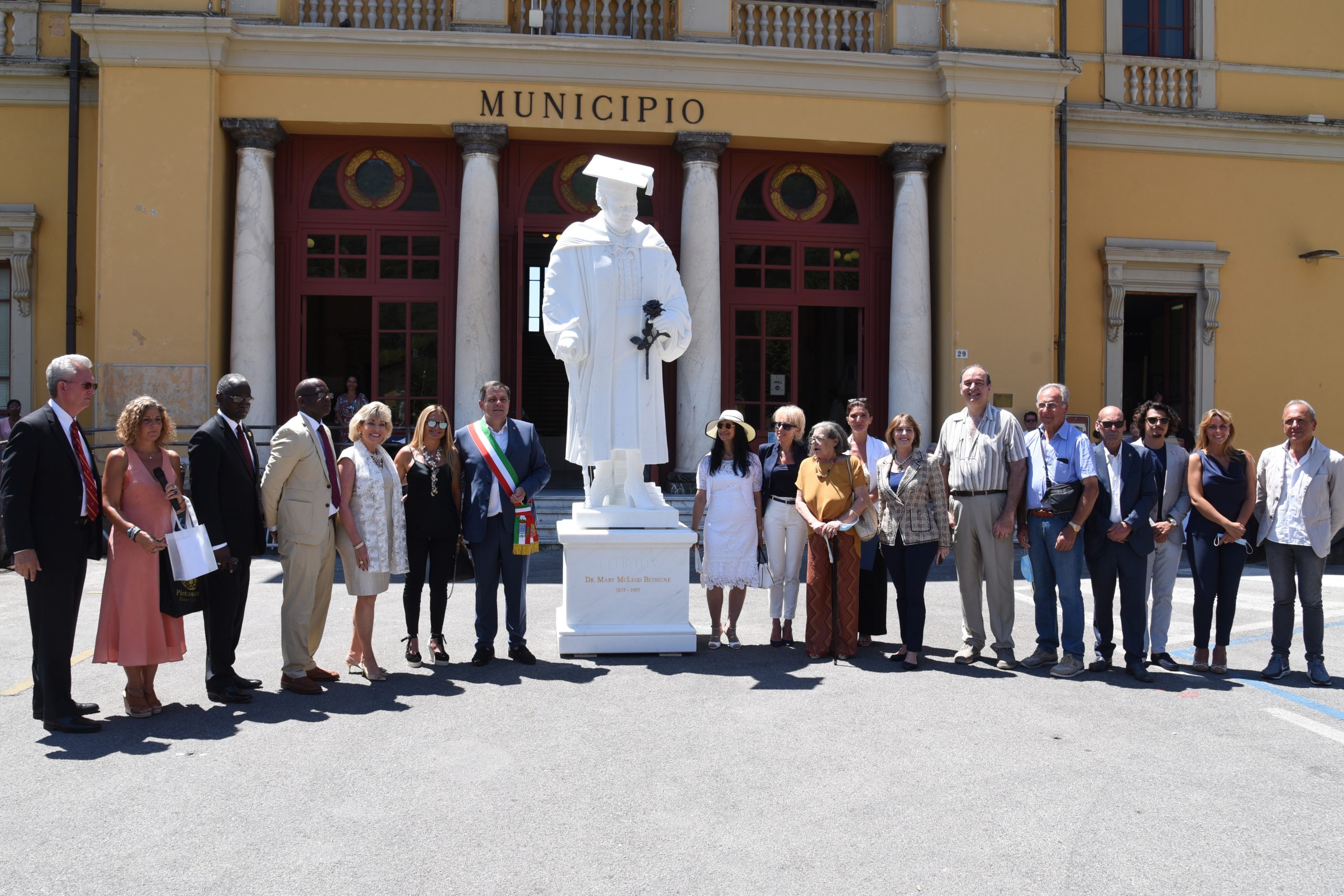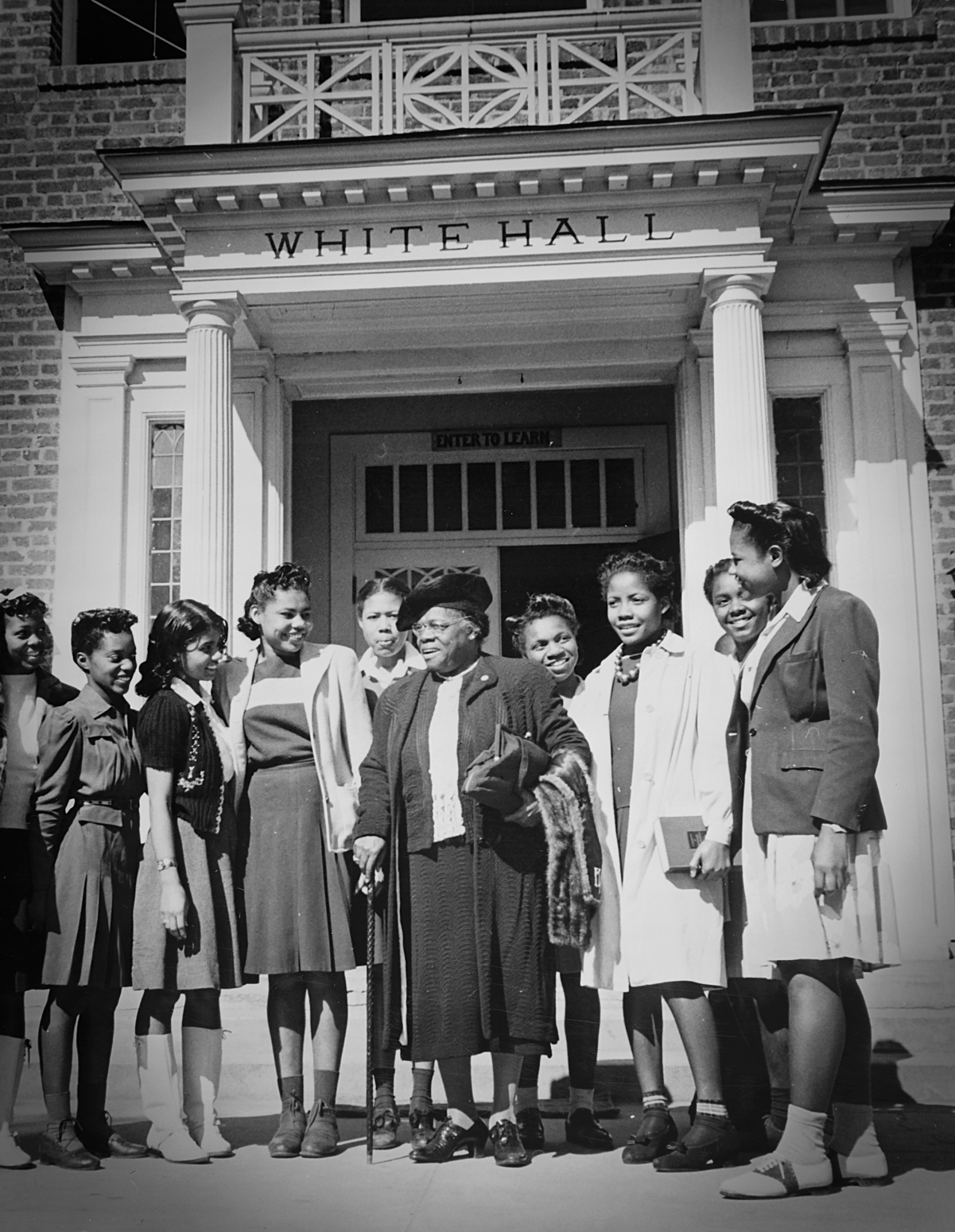Dr. Mary McLeod Bethune’s journey to the National Statuary Hall began in Mayesville, South Carolina, where she was born, and runs through Daytona Beach, home of the university she founded. But her life’s influence spans the country, from the Edmund Pettus Bridge in Alabama to the urban streets of Watts, Detroit and from Harlem to small towns in the South where Jim Crow laws institutionalized the racism she battled all her life.
At the time of her death in 1955, a year after the landmark Brown v. Board of Education ruling was handed down by the Supreme Court, Bethune was seen largely as an educator.
In an article in The Journal of Negro History, Elaine M. Smith succinctly captured that perception.
“More than anything else, in the public imagination Mary Bethune was most closely identified with education,” Smith wrote.
But Mary McLeod Bethune did more than create an institution of higher learning. And her journey to the National Statuary Hall in the U.S. Capitol was a long, determined march toward building a better world.
Historian Len Lempel, professor emeritus at Daytona State College, said Bethune doesn’t get the credit she deserves because many of the watershed events in the history of the civil rights movement – the Montgomery bus boycott, the Voting Rights Act and the Civil Rights Act – occurred after her death.
“In spite of all her influence, in spite of her successes, she could never break through in the sense the country remained segregated while she lived, except at the end of her life,” Lempel said. “Unfortunately the great successes of the late 50s and early 60s are seen as the heart of the movement. Everything changes, but what is ignored is the foundation that is laid by people like Mary McLeod Bethune and many others.”
While the great victories of the civil rights movement occurred after Bethune’s active career, Lempel said her long list of accomplishments are a testament to why she is the right choice to represent Florida in the statuary hall.
“She became the highest ranking African-American, male or female, during the New Deal and no other African-American had the kind of access to the President of the United States that she did,” he said. “If you look at [the time] before the Roosevelt Administration, Blacks did not have direct access to the President.”
Calling her “the most influential African-American of her day,” Lempel said Bethune was tremendously important to what was the beginning of the civil rights movement.
“Given her place of honor as one of the leading civil rights activists of her day, if not the leading activist of her day in terms of influence, what better person to represent Florida in the statuary hall,” he said.
Lempel said he is not surprised that Bethune received overwhelming support from the public to represent the Sunshine State in the U.S. Capitol.
“She has tremendous public popularity, and if you think of it, who else should go into the National Statuary Hall, which is sort of the People’s Gallery,” he said.
Lempel said those chosen to represent their states in the National Statuary Hall should be popular in their home states.
“I think that in itself is a good reason for Mary McLeod Bethune to be there, but not the only reason,” he said.
Lempel said in replacing Confederate States Army Gen. Edmund Kirby Smith in the statuary hall, she is taking the place of someone who spent very little time in the state “and really has no claim to any kind of fame” in Florida.
“But if you look at Mary McLeod Bethune, she spent almost her entire adult career in Daytona and she rose to local, state and national prominence, while maintaining a foothold in the state through her school,” he said.
State Representative Paul Renner, whose district includes Flagler, St. Johns and Putnam counties as well as northern Volusia County, said Bethune was the right choice for several reasons.
